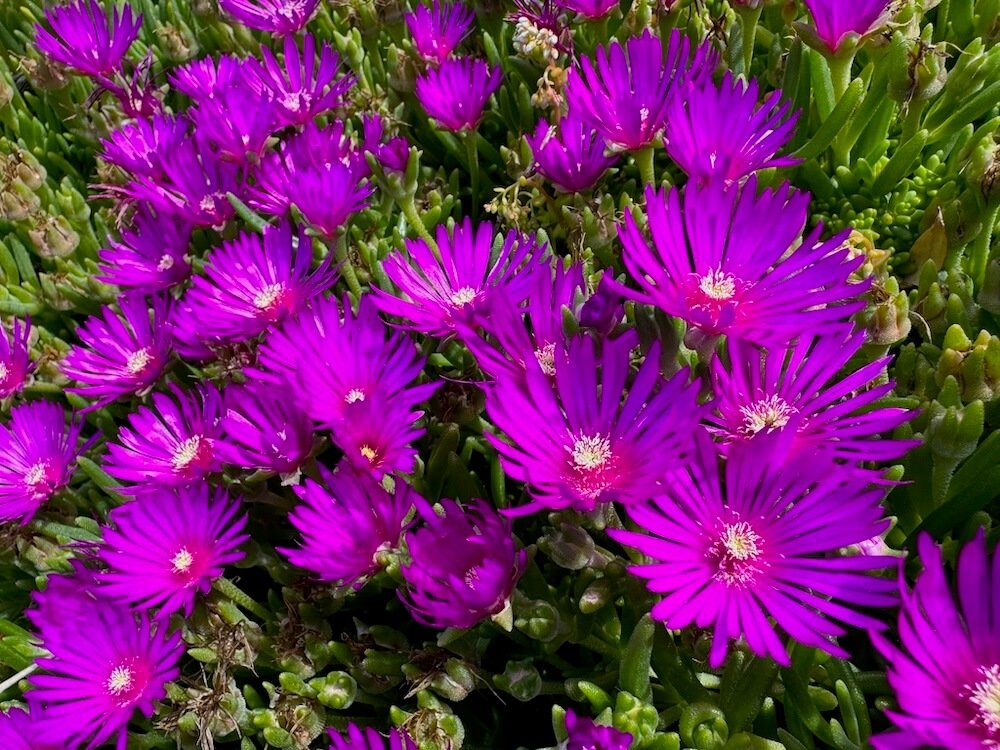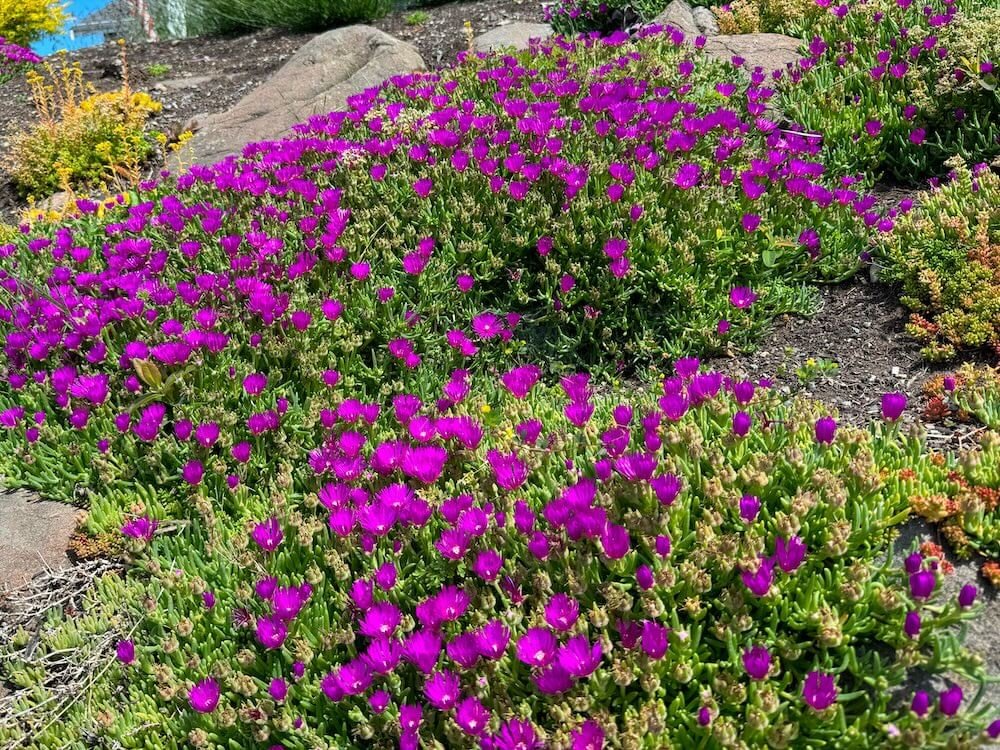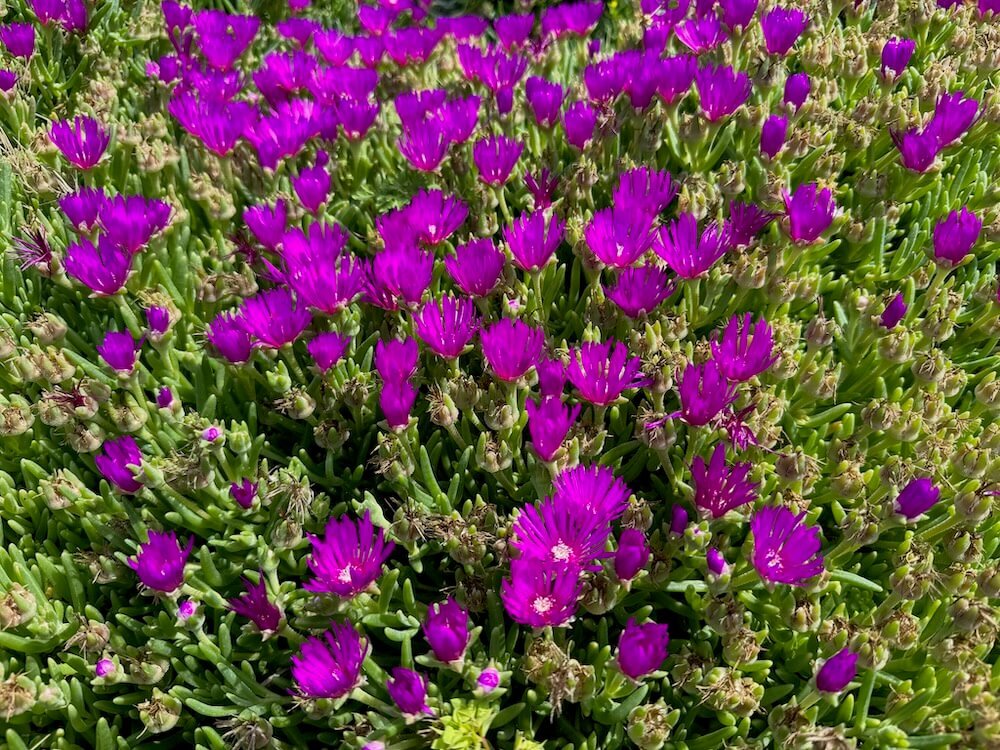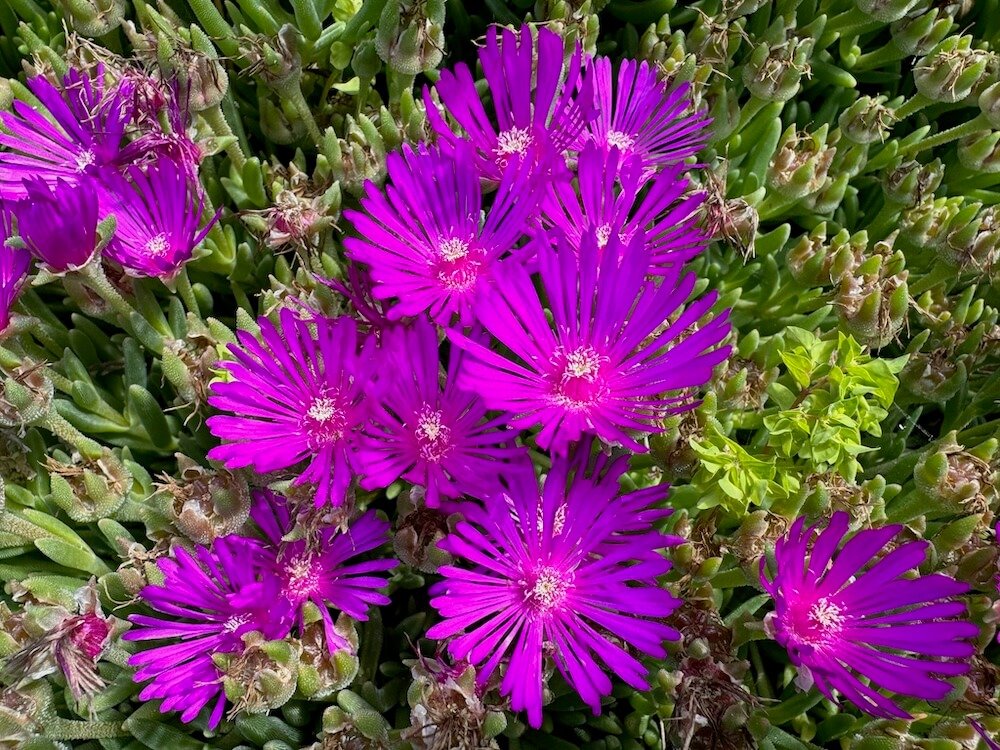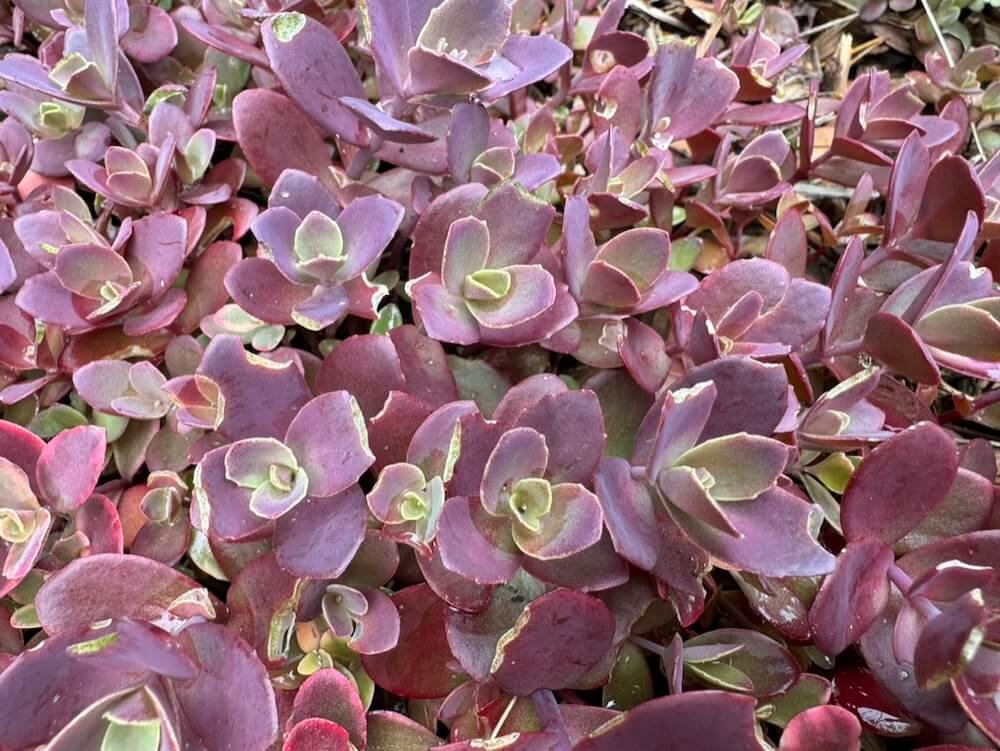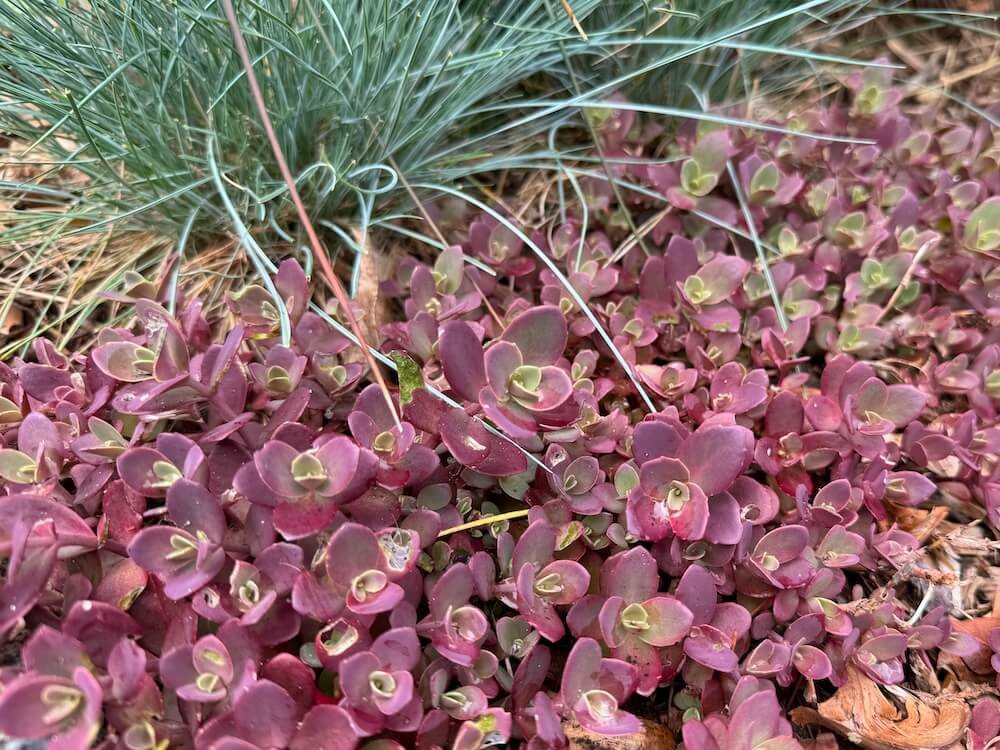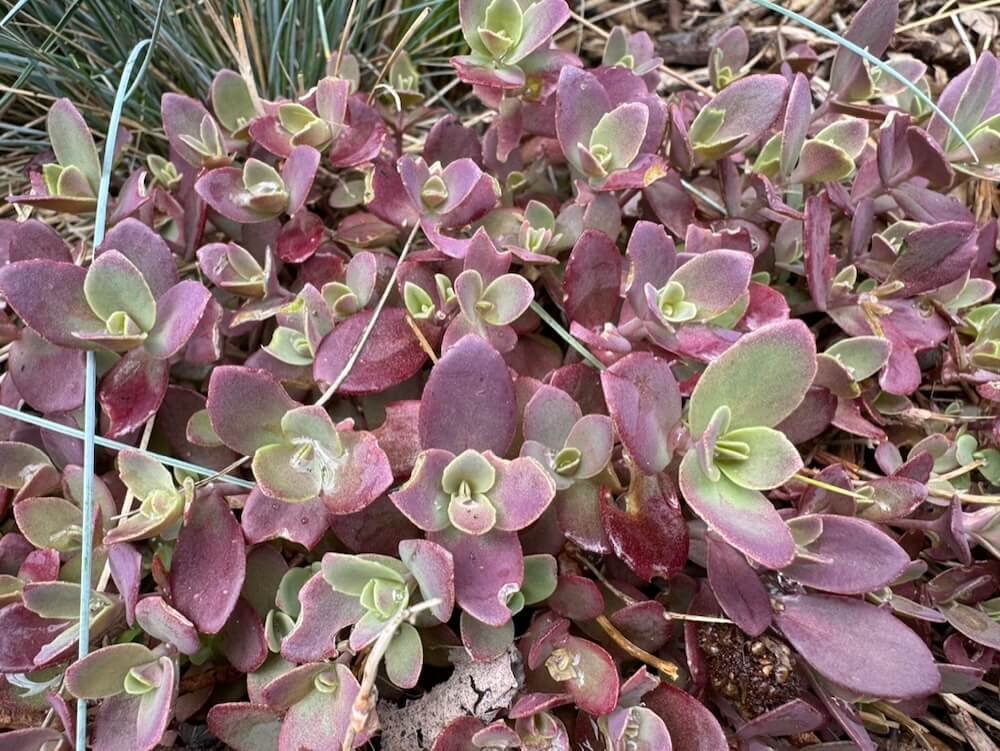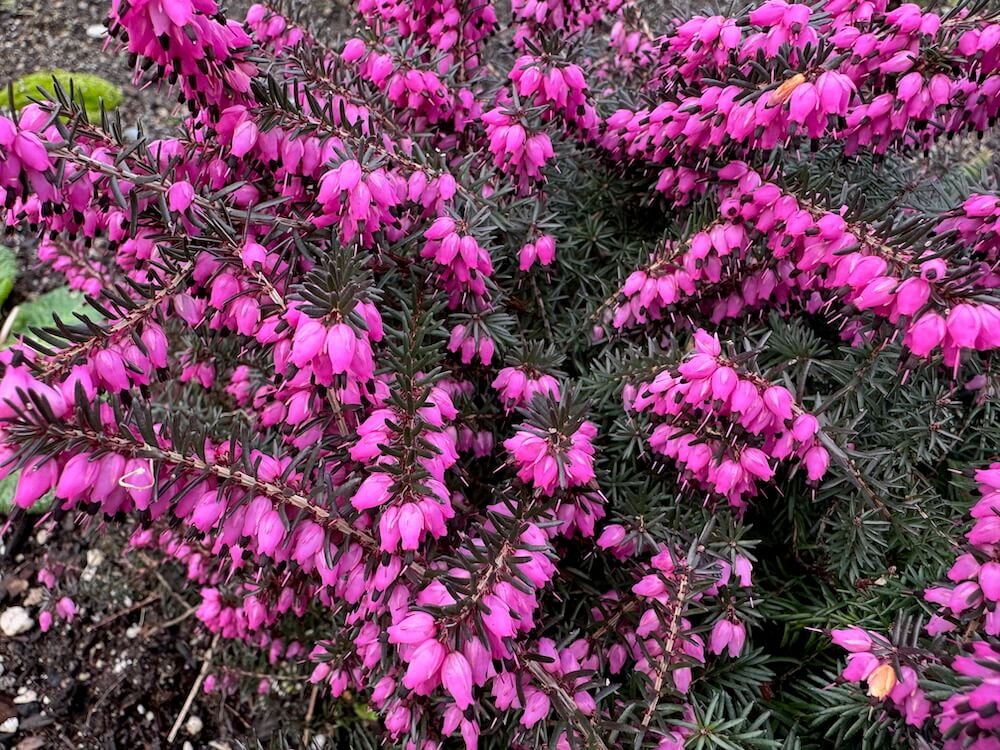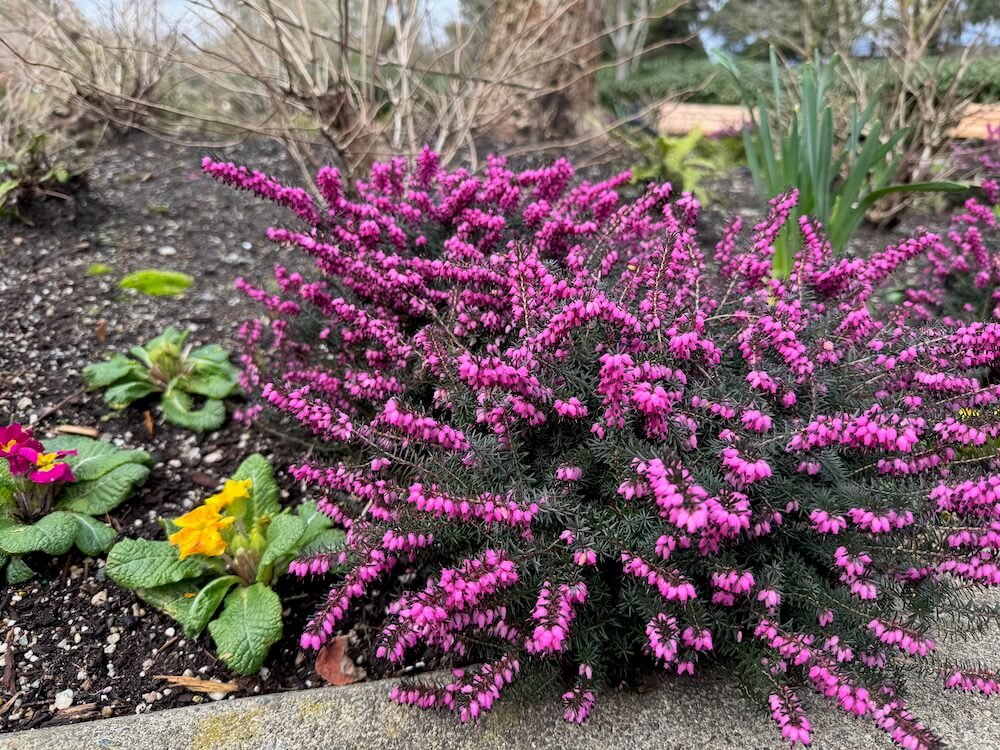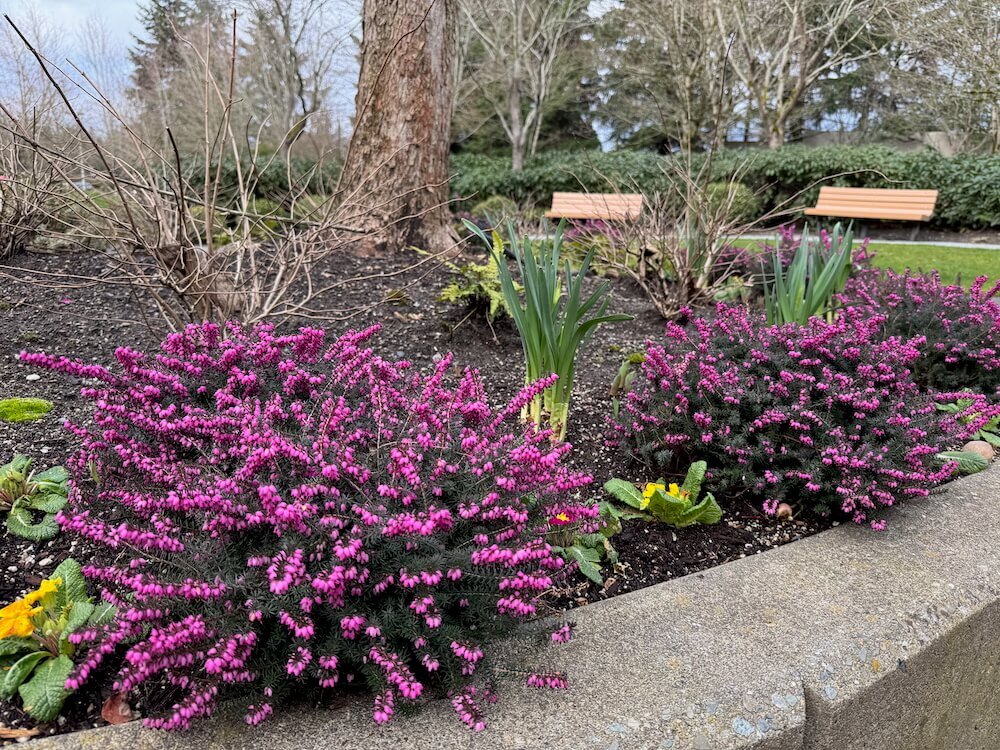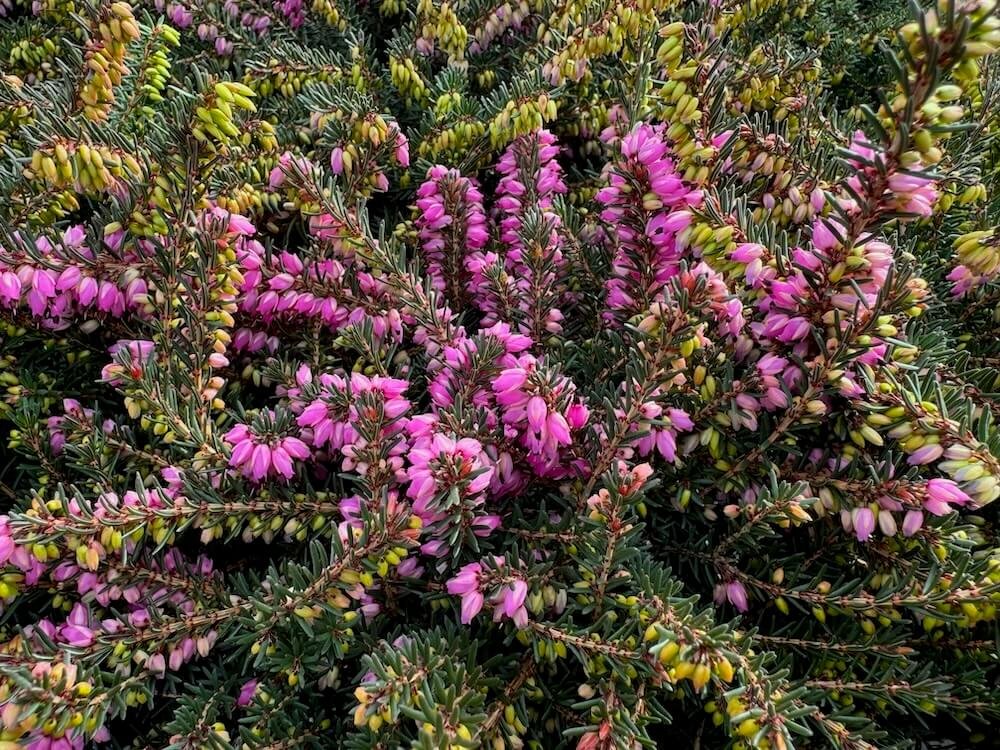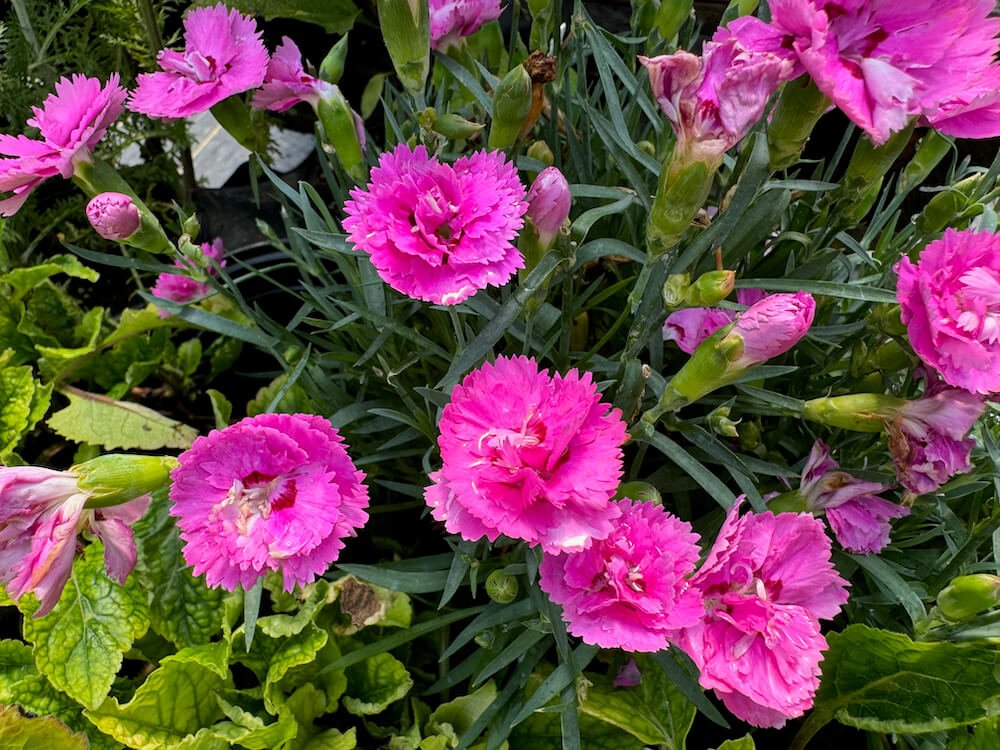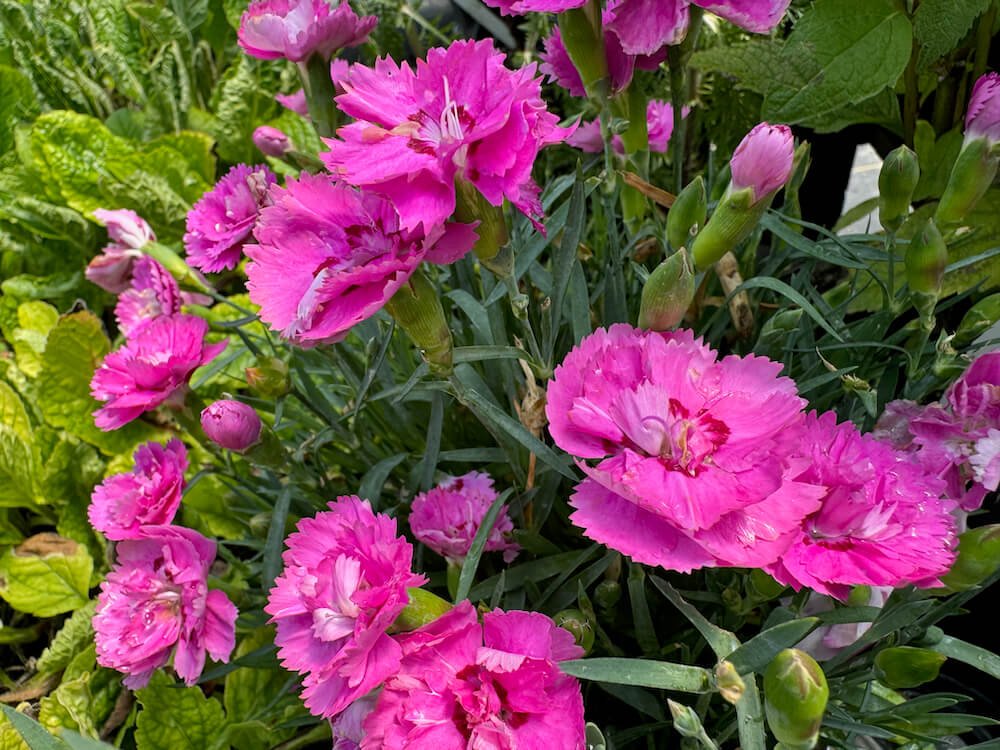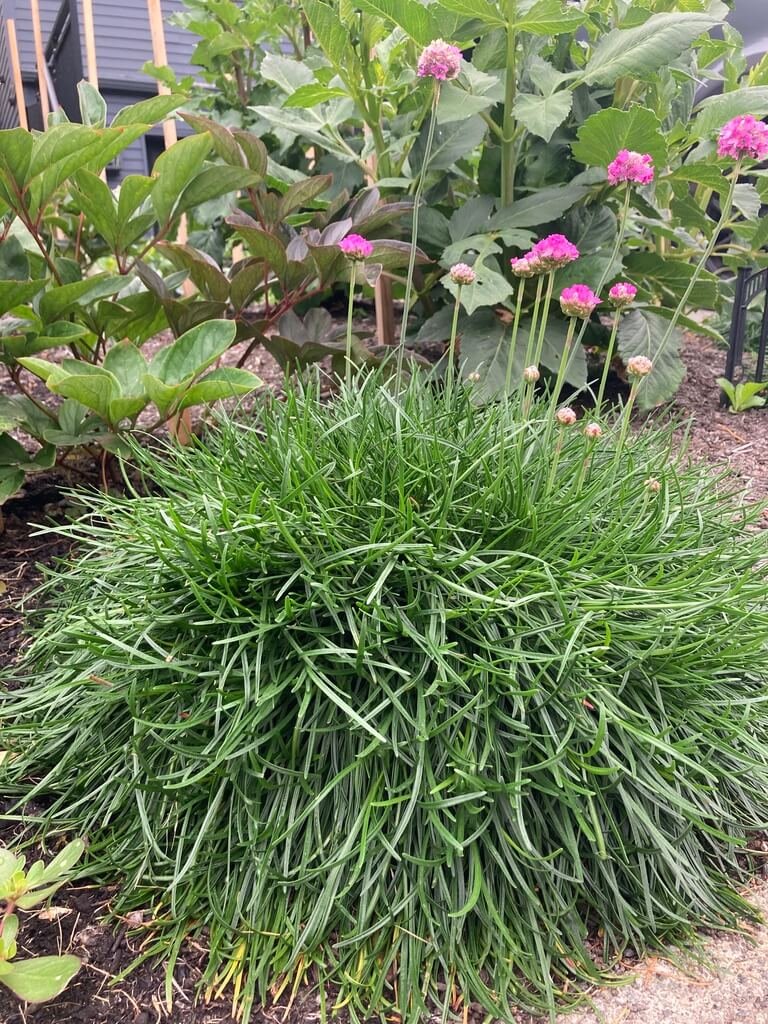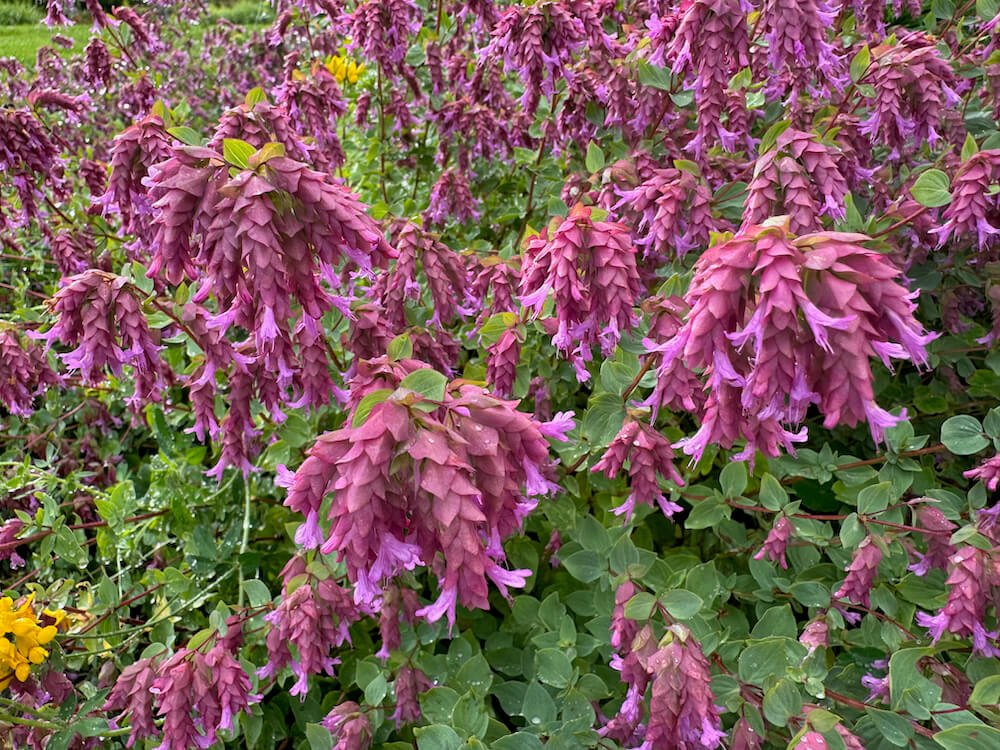 Image 1 of 2
Image 1 of 2

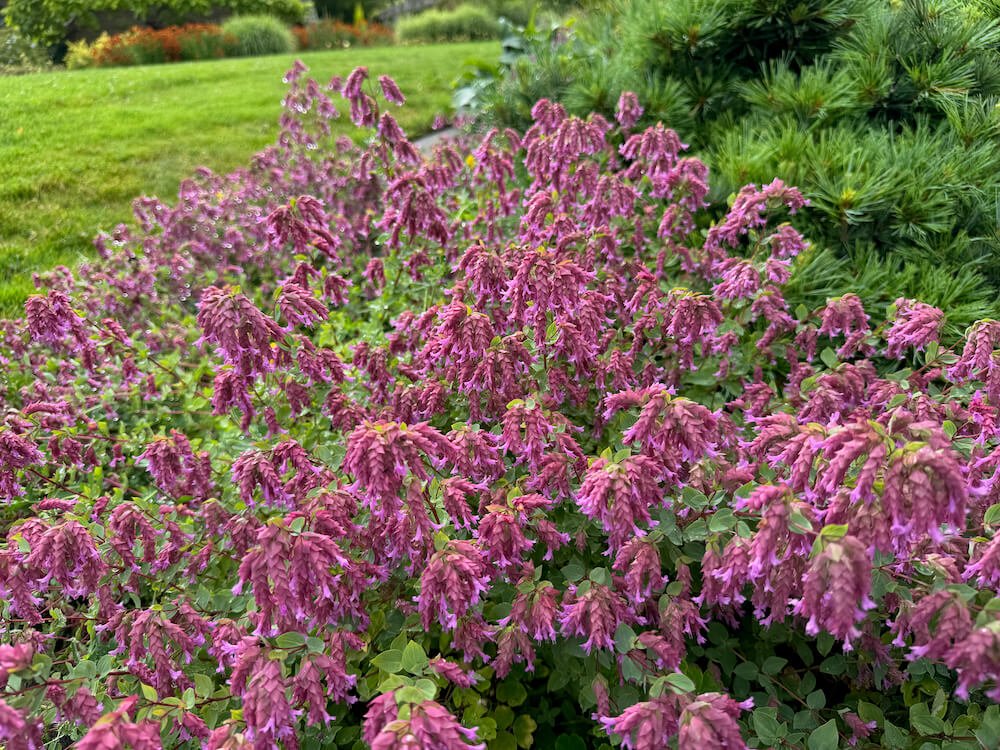 Image 2 of 2
Image 2 of 2



Origanum ‘Bristol Cross’ | Bristol Cross Oregano
DESCRIPTION
Origanum 'Bristol Cross' is an ornamental herb with striking, hop-like flower clusters that combine shades of purple, pink, and green. Its unique bracts form in overlapping layers, creating an eye-catching, textured display. This hybrid cultivar is known for its aromatic, gray-green leaves that provide a pleasant fragrance when touched. The plant is a result of crossbreeding between Origanum dictamnus and Origanum rotundifolium, both native to Mediterranean regions. 'Bristol Cross' is often used for its decorative appeal in rock gardens, borders, and containers.
DESCRIPTION
Origanum 'Bristol Cross' is an ornamental herb with striking, hop-like flower clusters that combine shades of purple, pink, and green. Its unique bracts form in overlapping layers, creating an eye-catching, textured display. This hybrid cultivar is known for its aromatic, gray-green leaves that provide a pleasant fragrance when touched. The plant is a result of crossbreeding between Origanum dictamnus and Origanum rotundifolium, both native to Mediterranean regions. 'Bristol Cross' is often used for its decorative appeal in rock gardens, borders, and containers.
DESCRIPTION
Origanum 'Bristol Cross' is an ornamental herb with striking, hop-like flower clusters that combine shades of purple, pink, and green. Its unique bracts form in overlapping layers, creating an eye-catching, textured display. This hybrid cultivar is known for its aromatic, gray-green leaves that provide a pleasant fragrance when touched. The plant is a result of crossbreeding between Origanum dictamnus and Origanum rotundifolium, both native to Mediterranean regions. 'Bristol Cross' is often used for its decorative appeal in rock gardens, borders, and containers.
-
Family: Lamiaceae
Height: 1 to 2 feet
Width: 1 to 2 feet
Foliage color: Gray-green, aromatic
Flower color: Pinkish-purple bracts with small, purple tubular flowers
Bloom time: Mid to late summer
Light requirements: Full sun
Water requirements: Low; drought-tolerant
Maintenance: Low; minimal pruning required
Growing zone: USDA zones 5 to 9
Wildlife attractors: Attracts bees, butterflies, and other pollinatorsThis plant can be seen in the perennial border at the Bellevue Botanical Garden.

